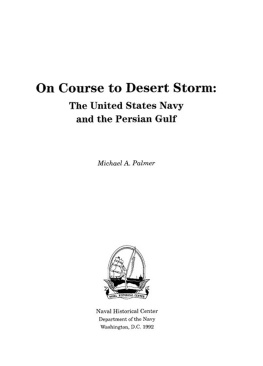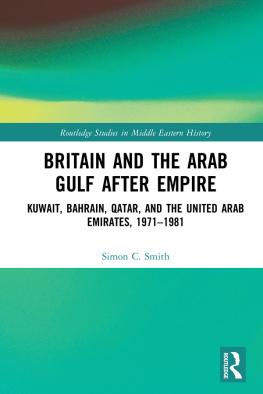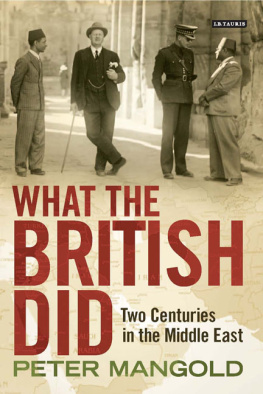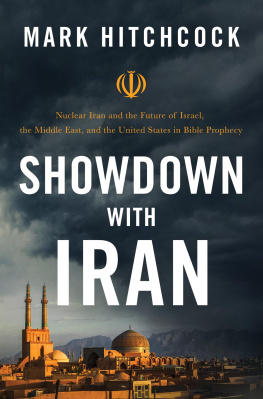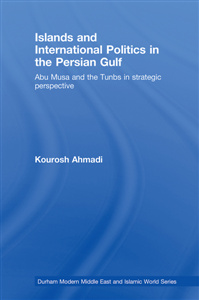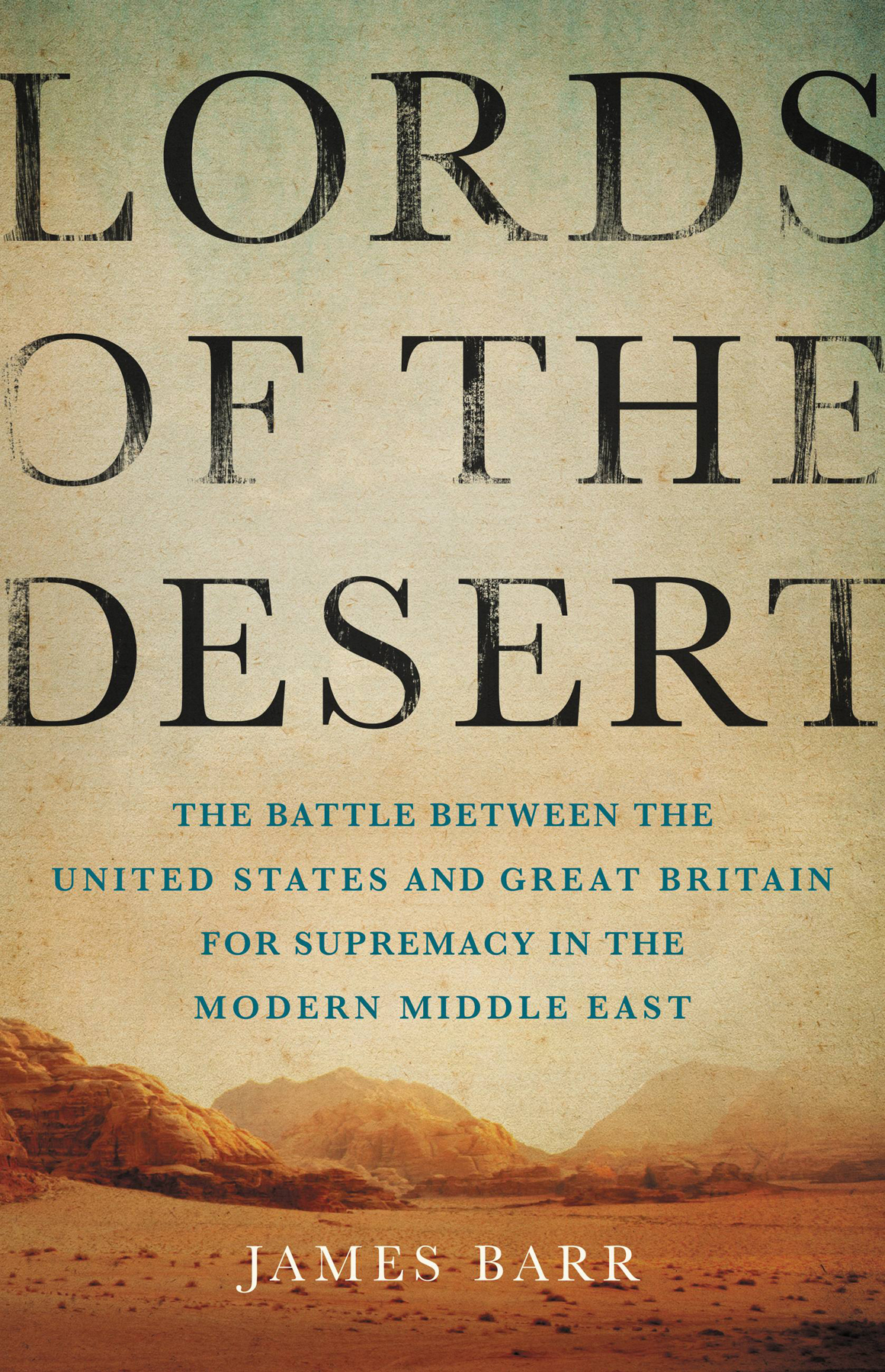James Barr - Lords of the Desert: The Battle Between the United States and Great Britain for Supremacy in the Modern Middle East
Here you can read online James Barr - Lords of the Desert: The Battle Between the United States and Great Britain for Supremacy in the Modern Middle East full text of the book (entire story) in english for free. Download pdf and epub, get meaning, cover and reviews about this ebook. year: 2018, publisher: Basic Books, genre: Politics. Description of the work, (preface) as well as reviews are available. Best literature library LitArk.com created for fans of good reading and offers a wide selection of genres:
Romance novel
Science fiction
Adventure
Detective
Science
History
Home and family
Prose
Art
Politics
Computer
Non-fiction
Religion
Business
Children
Humor
Choose a favorite category and find really read worthwhile books. Enjoy immersion in the world of imagination, feel the emotions of the characters or learn something new for yourself, make an fascinating discovery.

- Book:Lords of the Desert: The Battle Between the United States and Great Britain for Supremacy in the Modern Middle East
- Author:
- Publisher:Basic Books
- Genre:
- Year:2018
- Rating:4 / 5
- Favourites:Add to favourites
- Your mark:
Lords of the Desert: The Battle Between the United States and Great Britain for Supremacy in the Modern Middle East: summary, description and annotation
We offer to read an annotation, description, summary or preface (depends on what the author of the book "Lords of the Desert: The Battle Between the United States and Great Britain for Supremacy in the Modern Middle East" wrote himself). If you haven't found the necessary information about the book — write in the comments, we will try to find it.
The discovery of vast oil reserves in Saudi Arabia, at a time when the United States own domestic reserves seemed to be running low, made Americas initial interest commercial. But trade required political stability. Its absence led the United States to look more critically at the conduct of her major ally in the region.
Added to this theatre of operations, the Zionists in Israel after World War One actively pursued a policy to establish and win an independent state for the Jews which spurred on by thousands of Jewish refugees from war-torn Europe enabled them to build up the forces necessary to achieve power. How would Britain manage both Arab and Jewish positions and still maintain power? In 1943 they came up with an ambitious plan do so, and in 1944 put it into action.
Lords of the Deserttells this story.
James Barr: author's other books
Who wrote Lords of the Desert: The Battle Between the United States and Great Britain for Supremacy in the Modern Middle East? Find out the surname, the name of the author of the book and a list of all author's works by series.


